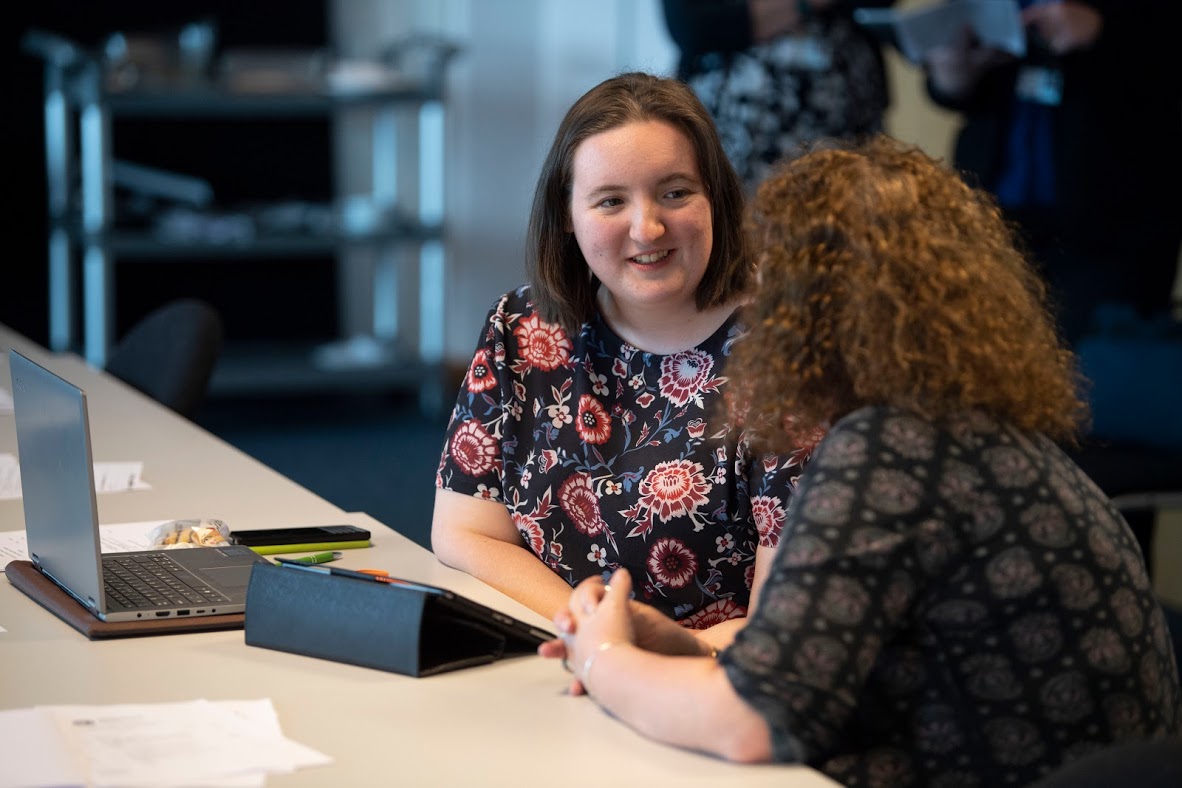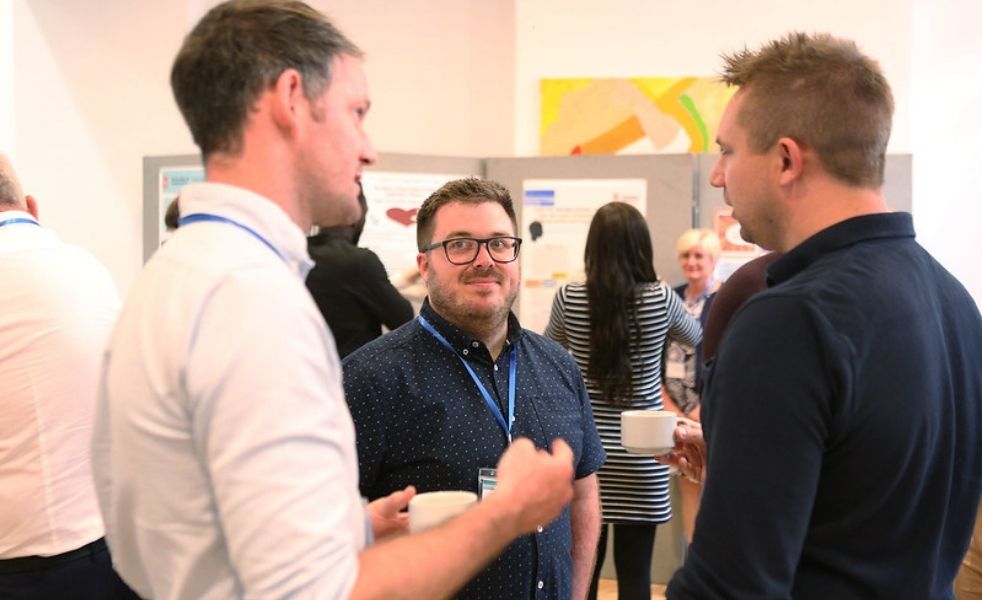Six tips to being a great mentor
In this blog, we discuss how you can become an exceptional mentor for your mentees.

Mentoring is an invaluable part of the Further Education (FE) and Skills landscape, helping less experienced practitioners grow into confident, skilled professionals. But the decision to become a mentor should not be taken lightly; it means taking on a role that can significantly influence the trajectory of a professional’s career.
In this blog, we'll explore the qualities and practices that make a great mentor and how you and the mentee can create a meaningful mentorship together.
1. Establish a supportive environment
A key skill to being a good mentor is the ability to create a supportive and nurturing environment for your mentee. Understand that learners and early-career educators may be apprehensive, unsure of their abilities, or dealing with a range of challenges. Ensure your mentee feels comfortable sharing their concerns and goals, and if they are hesitant, make sure to elicit conversation: ask questions then actively listen.
2. Outline your role as a mentor
Whilst mentors have traditionally been someone who shares experiences and imparts knowledge, that is no longer the case. A modern mentor is someone who listens more than talks, and acts as a guide. Be clear with your mentee that your role isn’t to tell them what to do but to offer impartial advice that can support their professional journey.
Remember, sometimes all a mentee needs is to talk to someone, and this process in itself will make actions and solutions obvious. The mentoring process then becomes a catalyst for change.
3. Offer tailored guidance
Every mentee is unique, with distinct strengths, areas for growth, and career aspirations. As a mentor, it's crucial to tailor your guidance to meet the specific needs of your mentee. Begin by conducting an assessment of their background, skills, and aspirations. This helps in creating a personalised mentorship plan that addresses their unique goals.
4. Help your mentee to set clear objectives
Effective mentorship involves setting clear objectives and monitoring progress. Work together with your mentee to establish specific, attainable goals for their professional development. It’s important to regularly assess their progress and provide constructive feedback. Recognise and celebrate their accomplishments, no matter how small. Goal-setting and progress assessment will motivate your mentee and allow them to track their development over time.
5. Share your experience and encourage critical thinking
As an experienced member of the FE and Skills sector, your accumulated wisdom and experience will be invaluable resources, and you will be able to share guidance on best practices, effective approaches, teaching strategies, and problem-solving skills. However, remember that mentoring is not about imparting knowledge alone; it's also about nurturing independent critical thinkers. Encourage your mentee to seek solutions to challenges, brainstorm ideas, and make informed decisions. Create opportunities for them to take the lead and make choices, even if it means learning from mistakes.
6. Commit to continuous learning
Mentoring is not a one-way process. It's a continuous learning journey for both mentor and mentee. A great mentor commits to their own growth, reflecting on their mentoring practices and seeking improvement. Be open to feedback from your mentee, as they may provide valuable insights into your mentoring approach.
Additionally, mentorship can expand your professional network. Connect with other mentors, participate in workshops and educational conferences to stay current with the latest trends in the field. Being an effective mentor involves a commitment to lifelong learning.
Maximise your mentorship experience
Mentoring is a pivotal role in the FE and Skills sector. By embodying the essential skills and strategies of a great mentor, you not only empower your mentees, but also contribute to the growth and advancement of the sector as a whole. Your guidance and support play a critical role in shaping the future of education and fostering the development of skilled, confident educators.

SET MentorMe





